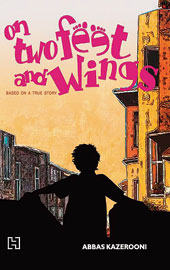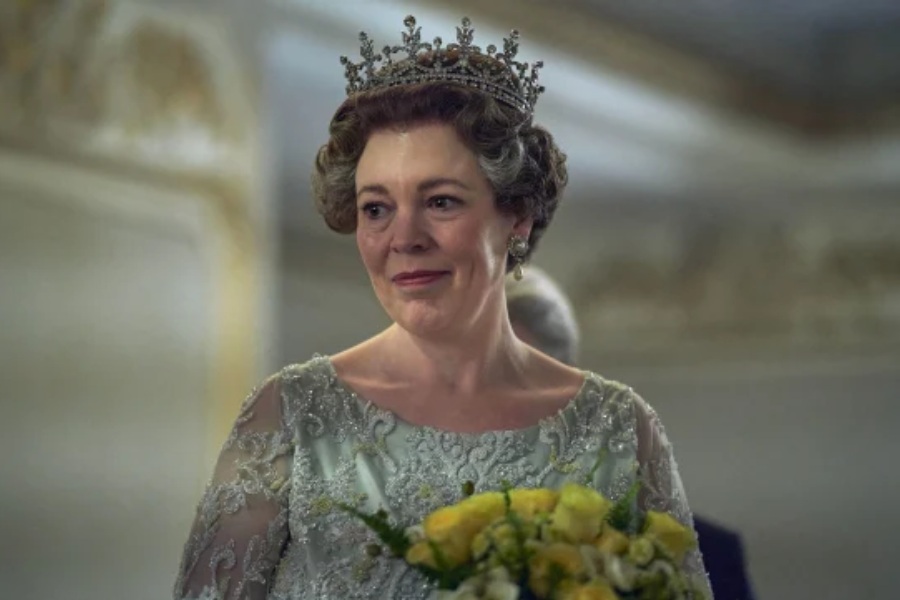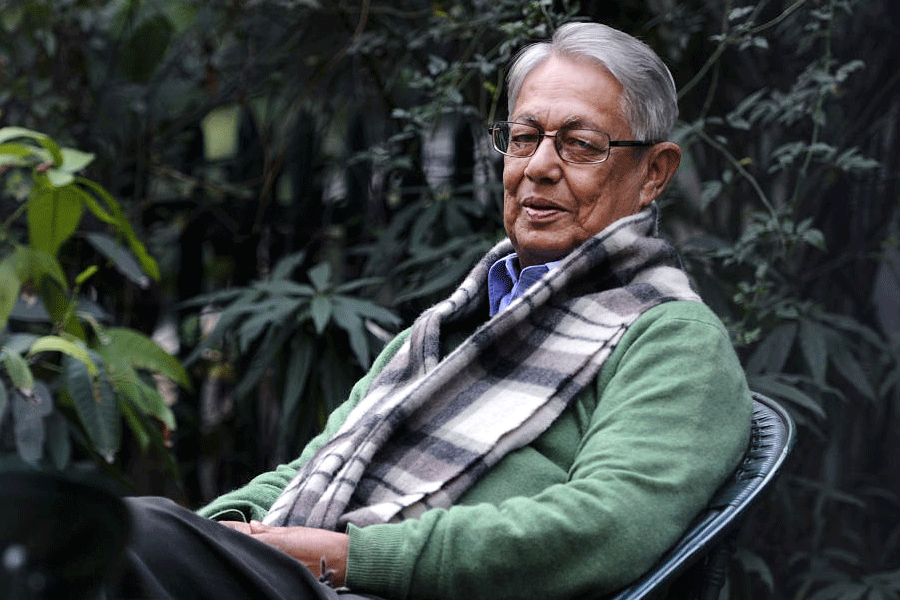|
|
| To chase an illusion |
Chatto: The Life and Times of an Indian Anti-Imperialist in Europe
By Nirode K. Barooah,
Oxford, Rs 645
Virendranath Chattopadhyaya, Chatto to his comrades, was shot by Stalin?s firing squad in September 1937. He was the second child of Aghorenath. His elder sister was Sarojini Naidu, and one of his younger brothers was Harindranath. This book tells the remarkable story of how Virendranath, born in Hyderabad, ended up being a victim of Stalin?s ruthless totalitarian regime.
From Hyderabad, Chatto had gone to London in 1902 to take the ICS examination, which he took twice and failed. While in London, he became friendly with a group of Indian revolutionaries who worked to further the cause of Indian nationalism sitting in London. Most of them believed that India could be freed from British rule through armed resistance. Chatto became an active member of this group, along with V.D. Savarkar, Har Dayal, Madanlal Dhingra and Shyamaji Krishnavarma. By 1910, Britain had become too hot for Chatto who had to move to Paris to work with Bhikaji Cama. Paris also brought him in contact with the world of European radicalism.
Just before the First World War, Chatto and some other Indian nationalists in Europe discovered an ally in Germany following the old logic of enemy of my enemy is my friend. They formed the Berlin India Committee, which was fully funded by the German Foreign Office and pursued such wonderful schemes as trying to mount an invasion of India through Afghanistan. There was also an attempt to galvanize the Gadar Party in the United States of America. But all these attempts were juvenile in the extreme, badly planned and even more poorly executed. Nirode K. Barooah has unearthed details of the Berlin India Committee?s activities through research in the German archives.
During the course of World War I, when most European socialists campaigned against the war, Chatto moved to Stockholm and carried out a campaign to inform socialists about the nature of British rule in India. Socialists were too busy with their own problems to pay heed to Chatto and his friends. Chatto, in his turn, had no interest in the peace propaganda of the socialists. His sole concern was the independence of India. Chatto worked overtime to internationalize the Indian question. He came in contact with the Bolsheviks. But he was not drawn by Bolshevism. In March 1918, he wrote warning his colleagues not to behave like socialists: ?We should on no account follow the ostrich policy of believing that we are hoodwinking European political parties by pretending to be anything else but nationalists.? Barooah adds, ?It is doubtful if he was anything but a revolutionary nationalist ever.?
The Stockholm chapter of Chatto?s life came to an end with the World War, as the British exerted pressure on the Swedish government to have him extradited. Summing up this period of his hero?s life, Barooah makes the following statement: ?The propaganda war Chatto had waged against them [the British] helped keep the struggle for Indian independence alive at a time when India was too weak and subservient to organize a full-scale movement to overthrow the British Raj.? This is an exaggerated claim. Chatto?s activities, such as they were, had little or no impact on the Indian national movement. As far as one can make out from the tangled chronology of Chatto?s life, he left Sweden some time in 1921. By this time, the Rowlatt Satyagraha had been organized and India was poised to launch the Non-Cooperation Movement under Gandhi?s leadership. ?Weak and subservient?? are really not apt words to describe this phase of India?s freedom movement.
By the time he left Sweden for Moscow, Chatto had abandoned terrorism as a means of achieving his political goals. He had no firm commitment yet to communism but ?was edging closer to a ?Soviet? model of government for India with emphasis on education and social reforms.? He chose Soviet Union as his ally because he thought it was an enemy of British imperialism. This tendency to always act on the premise of ?enemy of my enemy is my friend? is a comment on Chatto?s lack of independent resources and the fact that he had no base in Indian politics of the time. Neither did he ever try to create a base. He preferred, for reasons unexplained by the author, to chase the illusion of trying make India free from Europe.
Chatto failed to generate any great enthusiasm for his projects among comrades in Moscow. He blamed M.N. Roy for sabotaging his plans. Barooah absolves Roy of this charge but makes Roy out to be an opportunist who was driven by jealousy towards Chatto. This is a trifle unfair. He is on firmer ground when he says that despite being the first Indian to contact the Bolsheviks, Chatto arrived in Moscow one and a half years too late. By this time, the Comintern had found a man to handle its Indian affairs. This man was none other than Roy, who had won his spurs by debating with Lenin on the colonial question at the Second Congress of the Comintern.
Spurned by the Comintern, Chatto returned to Berlin where, under the constant danger of being handed over to the British by the German authorities, he worked for the Indian News Service and Information Bureau. But by the late Twenties, the INSIB was languishing from lack of resources and official hostility. Chatto also became a driving force behind the League Against Imperialism. This brought him in touch with Nehru whose friend he became. In 1930, Chatto announced to Nehru his conversion to communism. Barooah makes the point that this conversion was the result of circumstances. As Chatto realized the futility of his project, he saw Moscow as a haven. It was an irony that his journey to the ?fatherland? led him to Stalin?s firing squad. There is no answer to the question why Stalin had him shot. He was the victim of the bloodlust of a tyrant who murdered more men and women than Hitler and Mussolini put together.
Barooah?s life of Chatto, including his tumultuous liaison with Agnes Smedley, is enriched by painstaking research in archives spread over many countries. But he fails to mark a critical distance between his narrative and its subject. Chatto was a man of enviable abilities, especially in languages. He had an indomitable passion for freedom of thought and action. Maybe this is why Stalin thought he was an enemy of his totalitarian regime. Chatto?s life was remarkable, if wasted.











